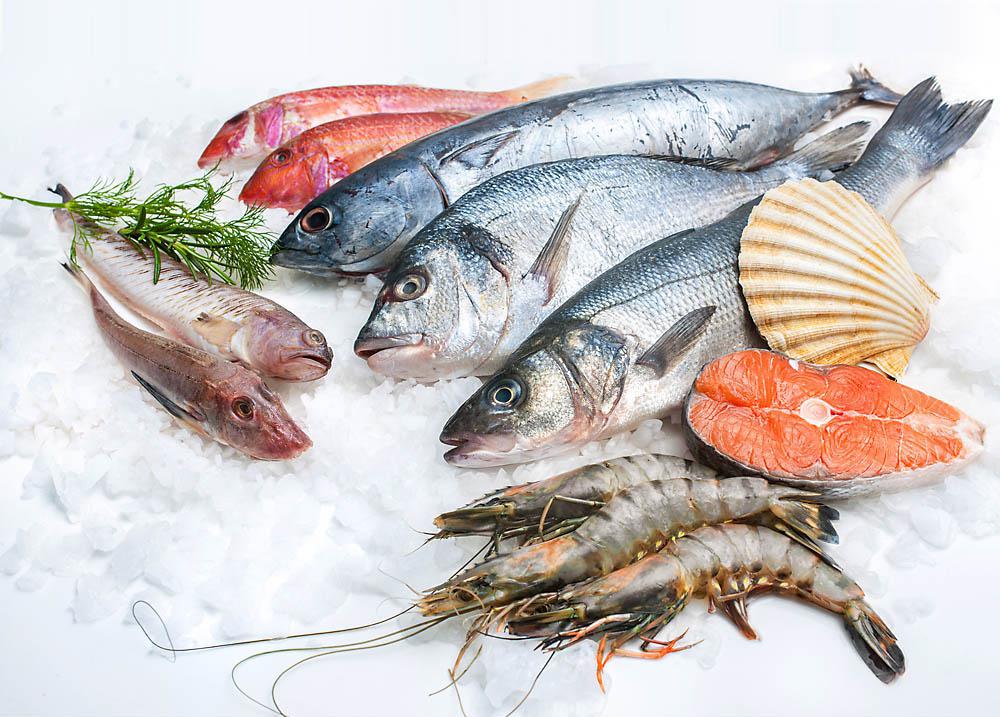
By C. Greg Lutz
Anyone who keeps up with the world today might have good reason to suffer from a bit of “chronophobia” – the fear of the future. Actually, chronophobia refers to a persistent and irrational fear about things yet to come and the fact that we are being dragged along toward the future with every breath.
There are some, perhaps many, among us who would argue that at this point in history a fear of the future is completely rational, and that it probably should be a persistent factor in our thought processes. However, it seems few of us suffer from chronophobia when it comes to aquaculture. We constantly highlight the fact that the population of the planet will reach 9 billion souls in the near future, and it will be up to aquaculture to fill the gap in protein supplies. But, I cannot for the life of me recall anyone ever adding “there is NO WAY aquaculture can meet the demands that will be placed on it.” Quite the contrary, everyone involved in our industry seems ready to roll up their sleeves, take a deep breath, and figure out how to solve this problem.
So, what strategies have the most promise? There are those who champion low-input approaches. Clearly there are advantages to keeping stocking densities and effluent discharges at minimal levels, and letting nature do most of the work for us. But available space for such enterprises will probably be at a premium in the coming decades. On the other hand, there are those who believe that intensive and super-intensive approaches will be necessary to generate the volumes of product we will be called upon to deliver. The inescapable component of this approach involves energy consumption. Will energy eventually be more expensive, or more available through renewable sources?
Both low-input and intensive production approaches will have to cope with the unavoidable outcomes that accompany the culture practices being utilized: environmental impacts, user group conflicts, genetic alterations of production stocks and pathogens, socio-economic issues and, perhaps worst of all, politics at local, national and international levels.
The song keeps playing (on LP, or cassette, or 8-track, or CD, or MP3 or who knows what’s next), but nowhere in these discussions do we actually confront the possibility: what if aquaculture, despite all its comparative efficiencies in the production of edible protein, CAN’T produce all the fish we will need? Just something to ponder as we contemplate the inexorable march of time.
Dr. C. Greg Lutz has a B.A. in Biology and Spanish by the Earlham College at Richmond, Indiana, a M.S. in Fisheries and a Ph.D. in Wildlife and Fisheries Science by the Louisiana State University. His interests include recirculating system technology and population dynamics, quantitative genetics and multivariate analyses and the use of web based technology for result-demonstration methods
Source: http://aquaculturemag.com
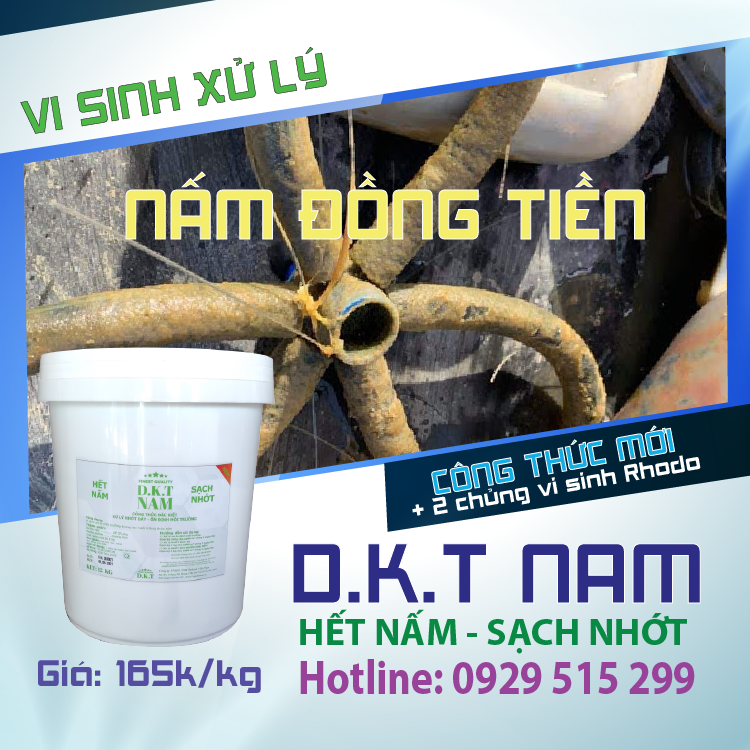

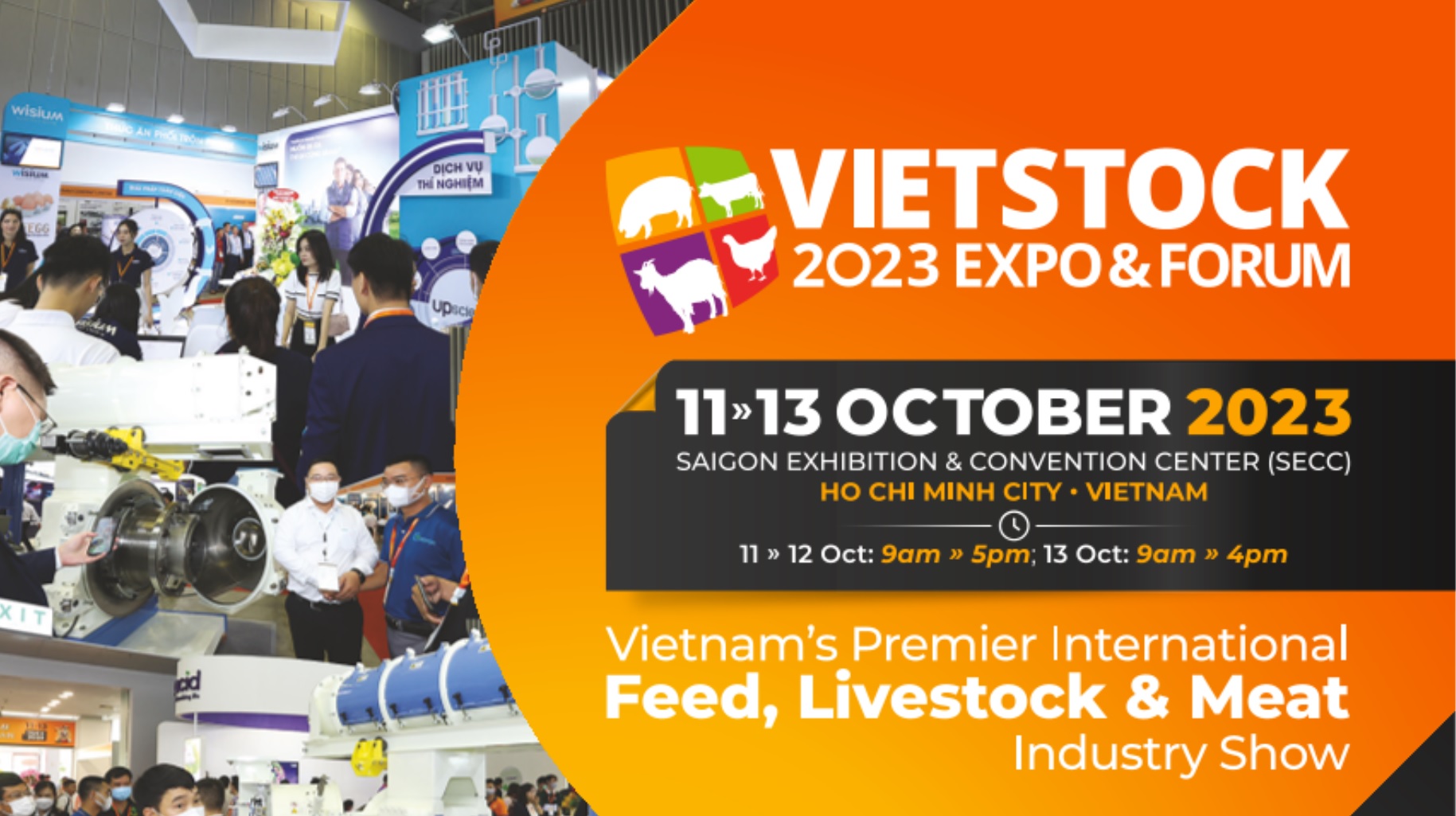
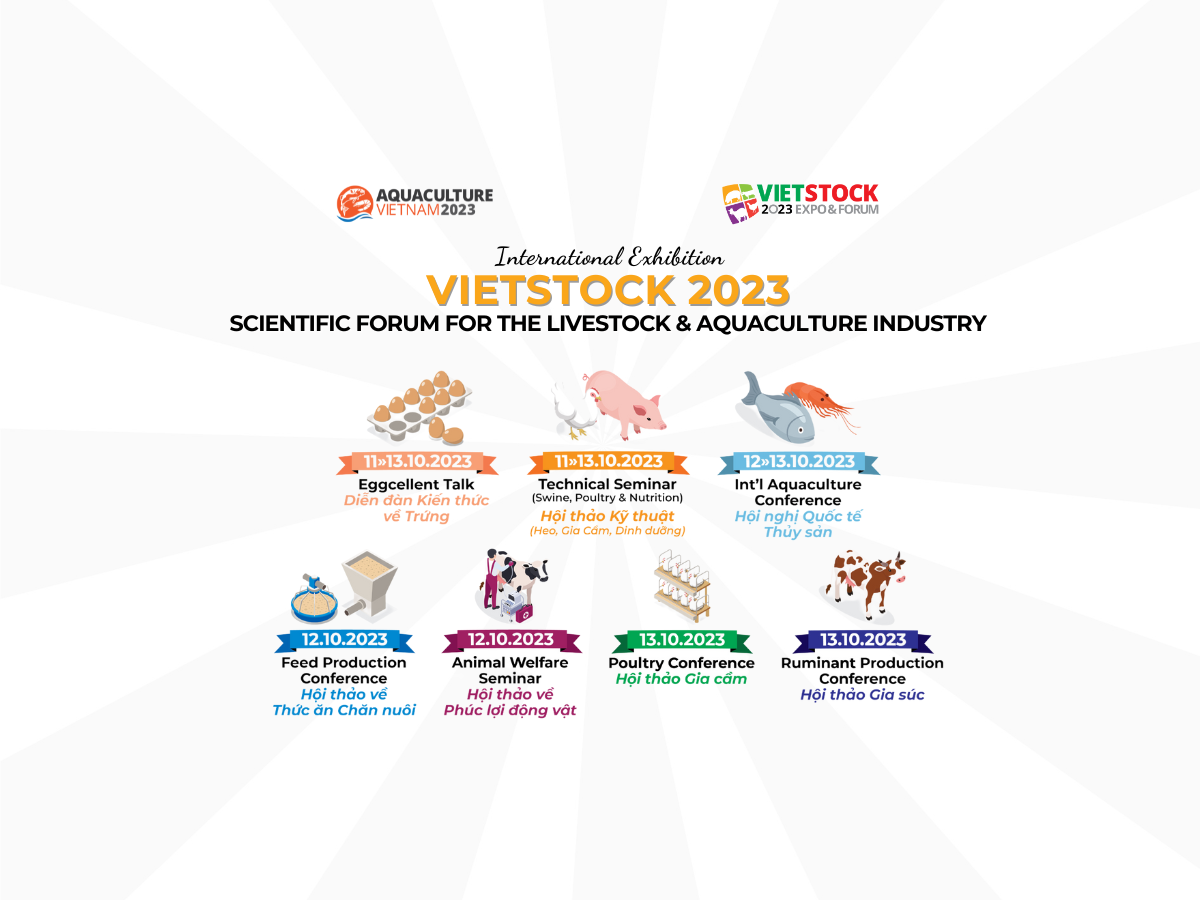
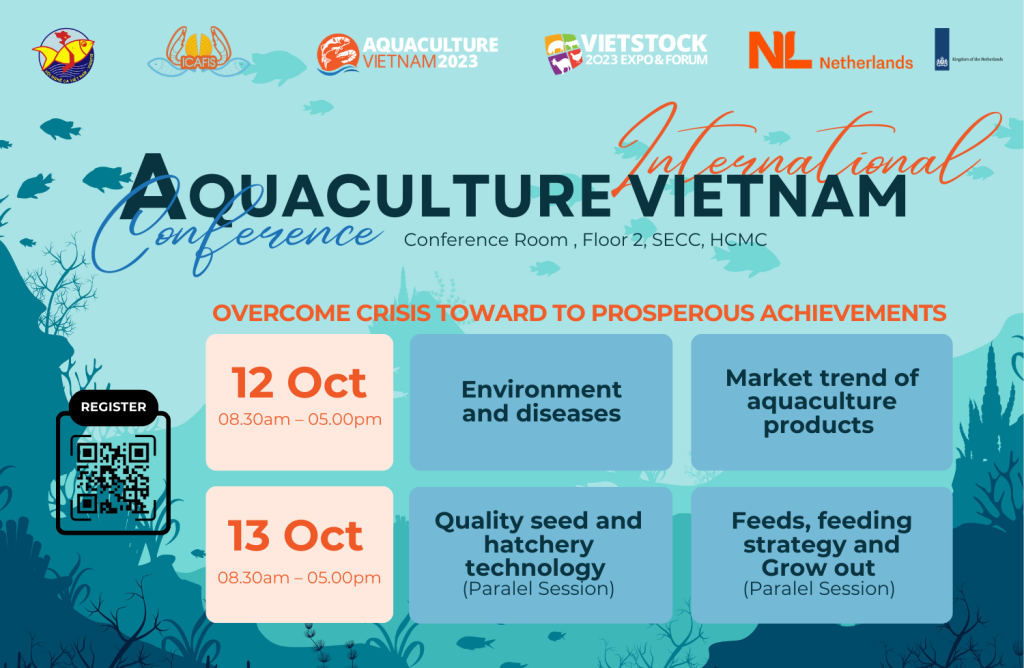
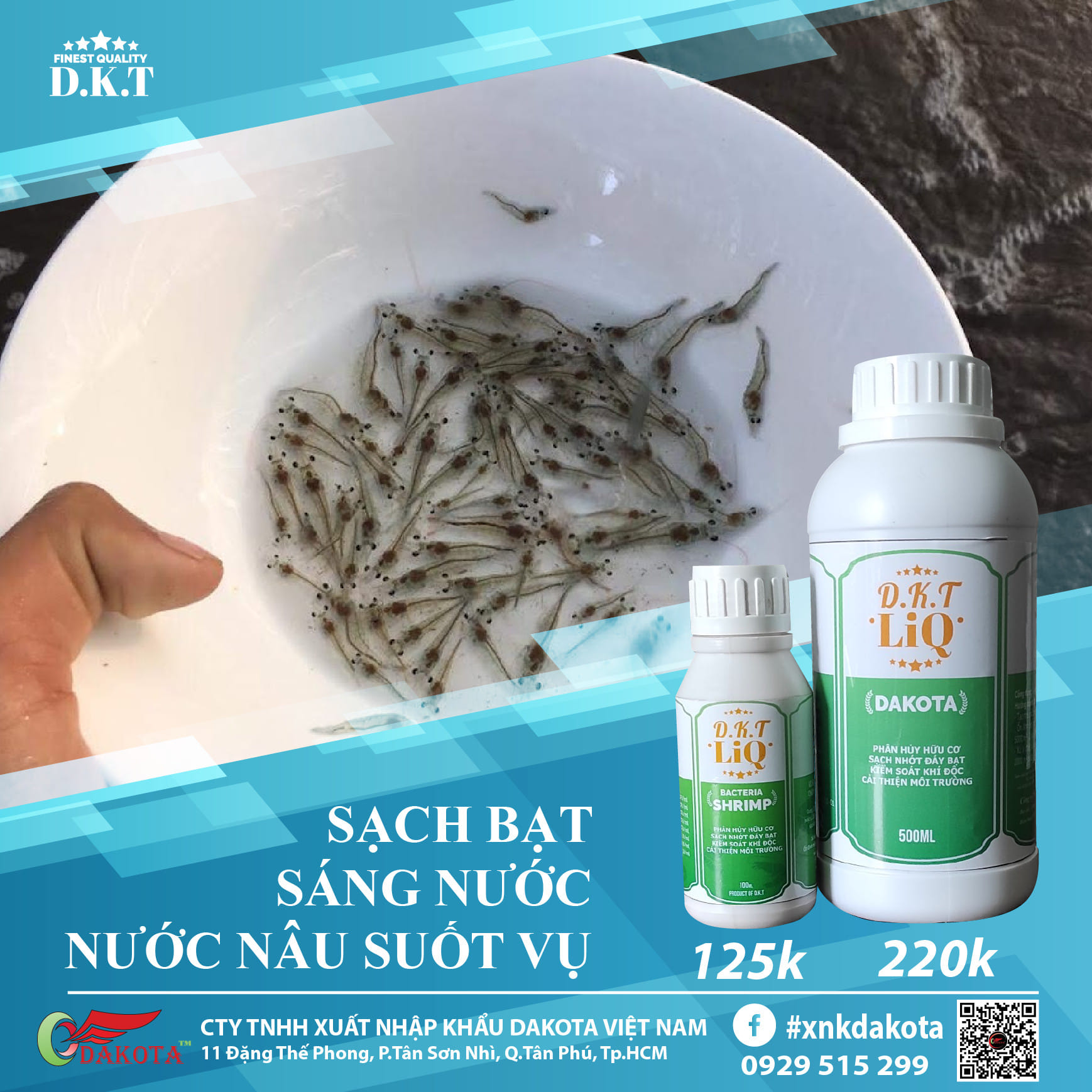
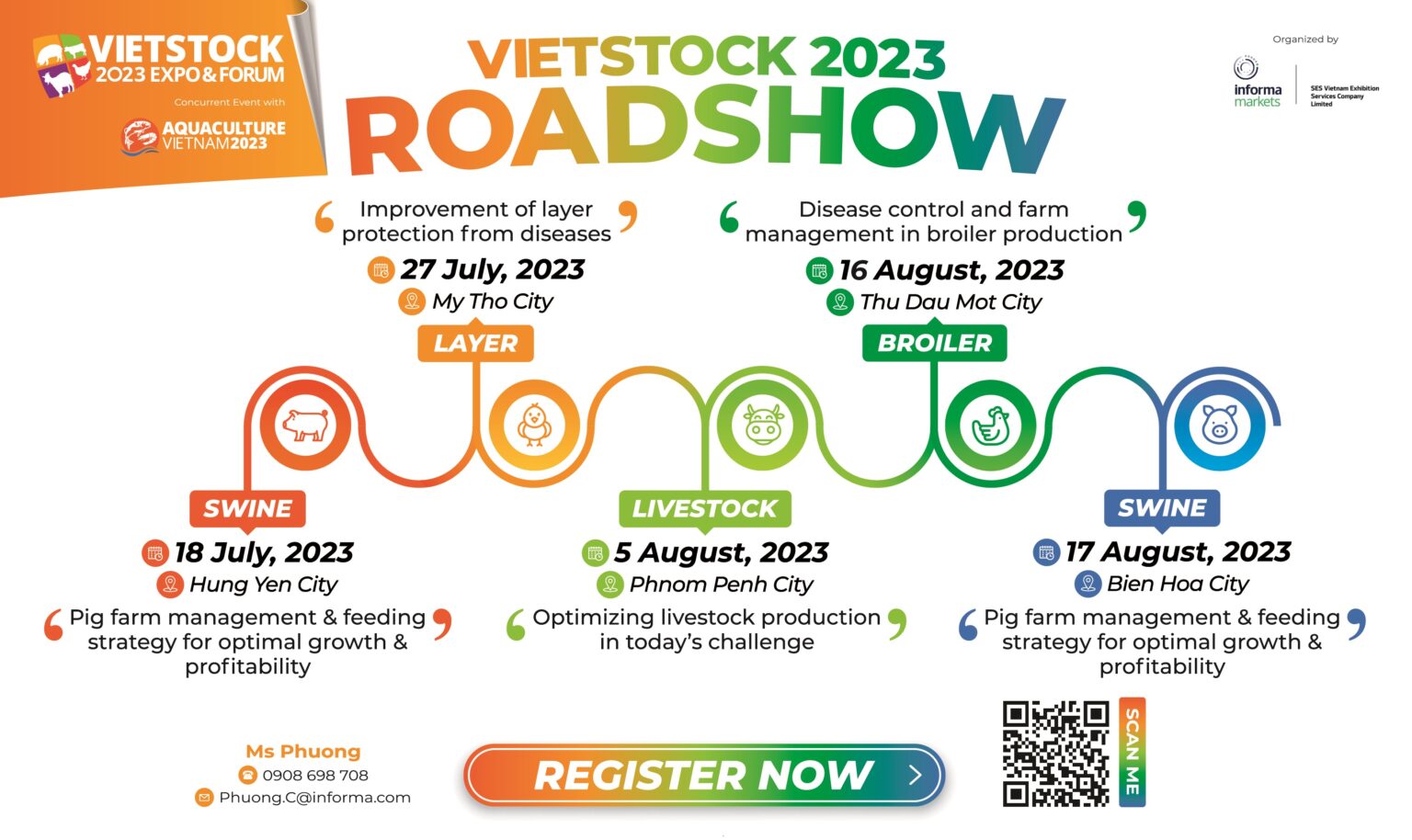

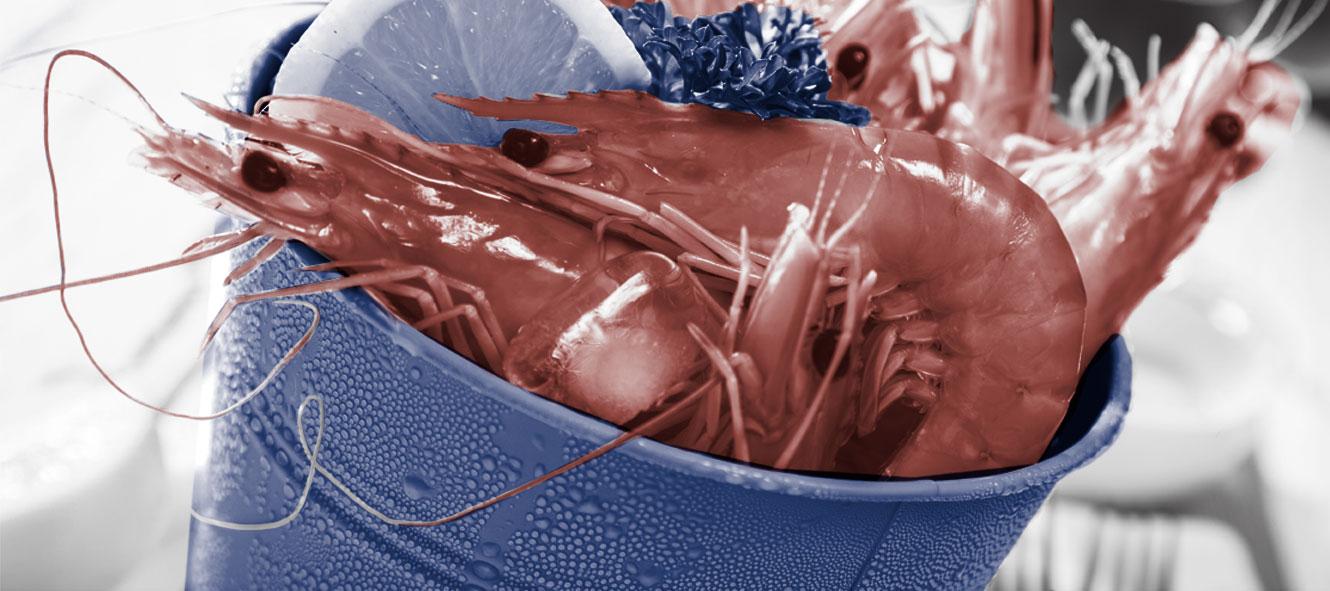

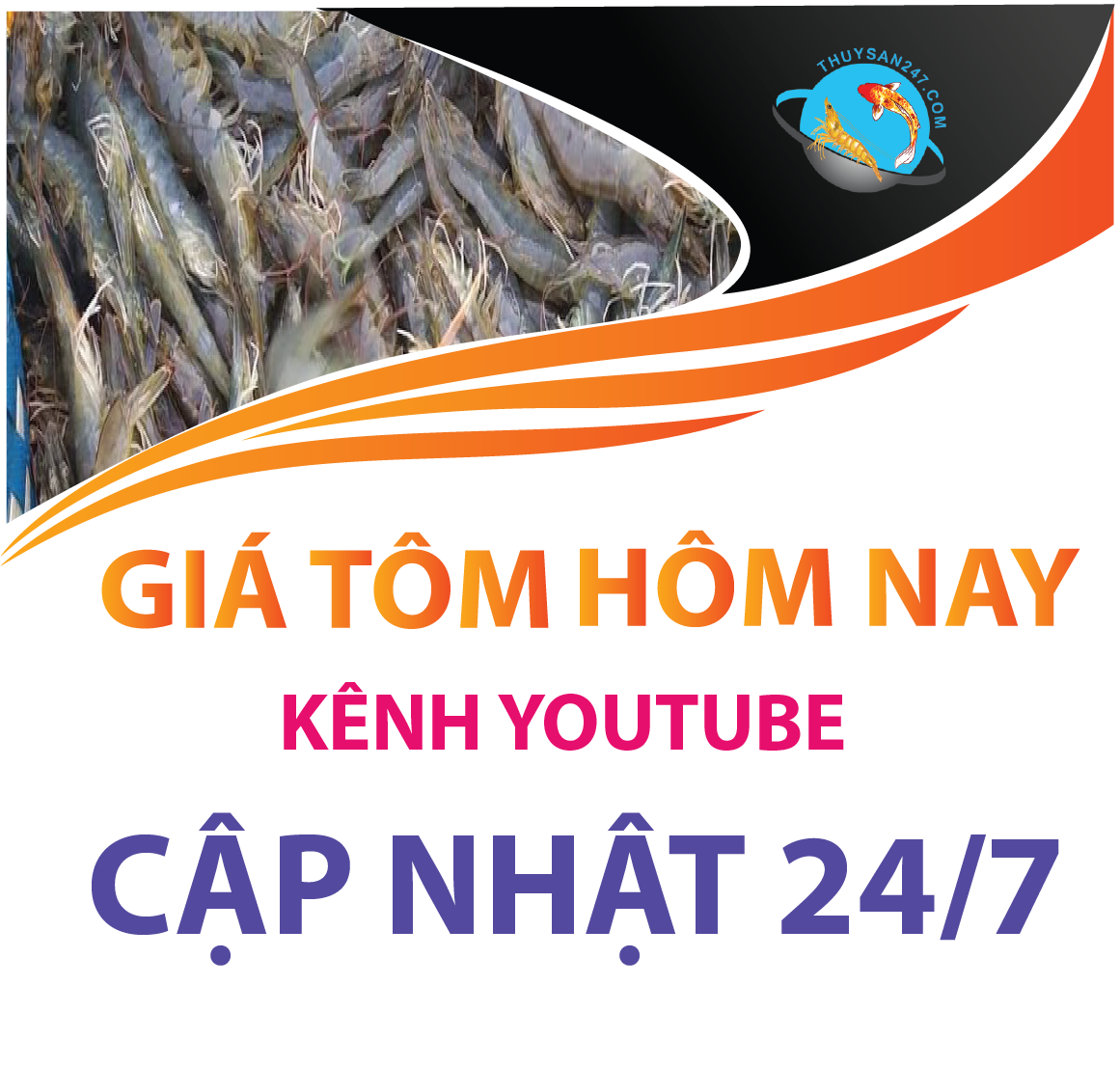
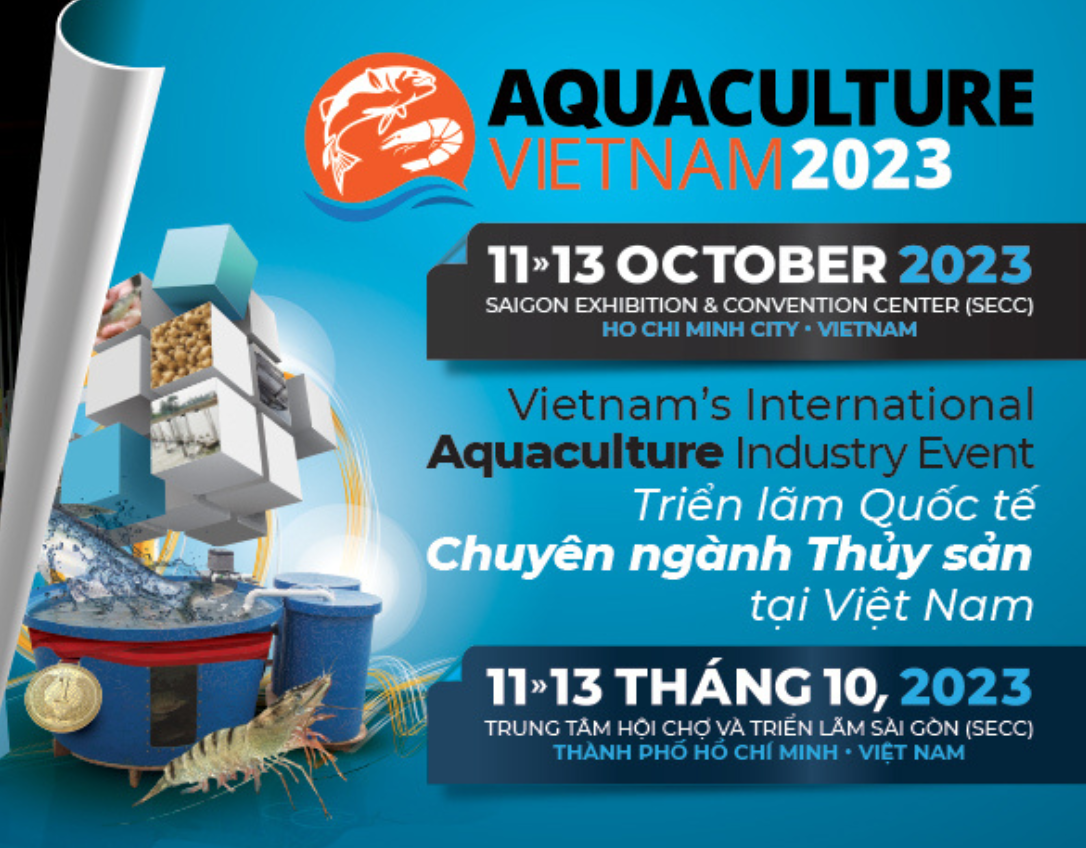
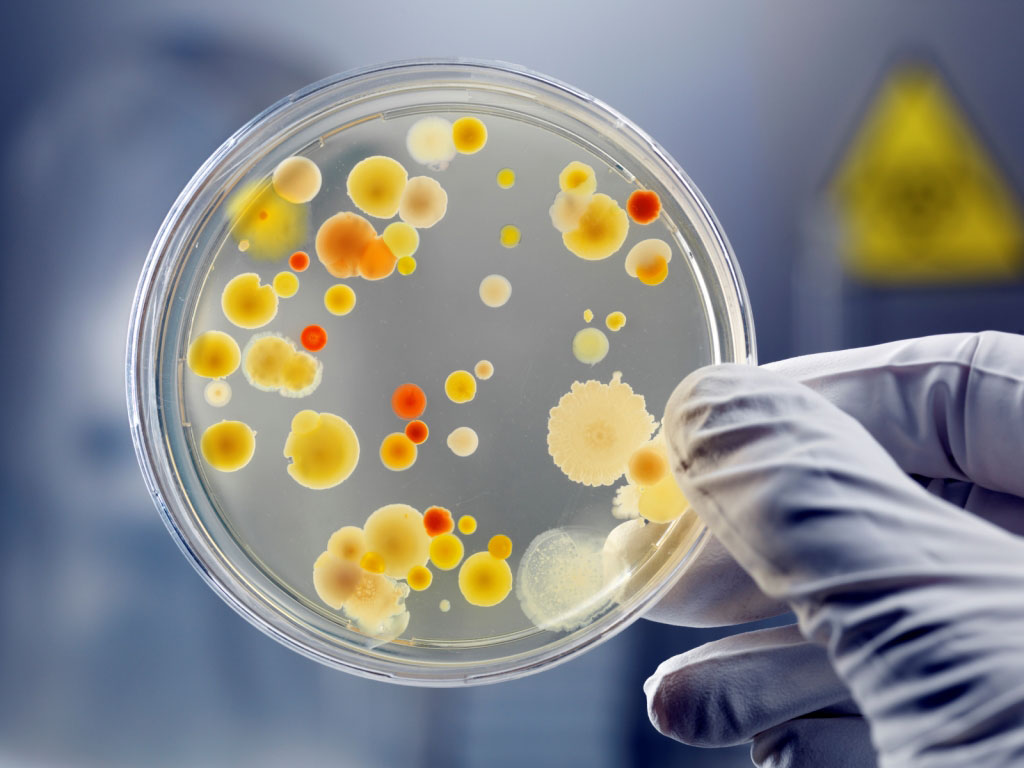
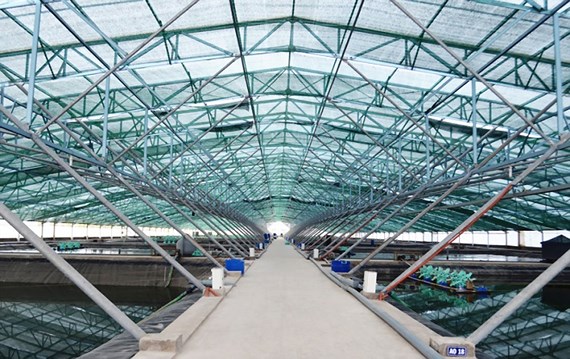
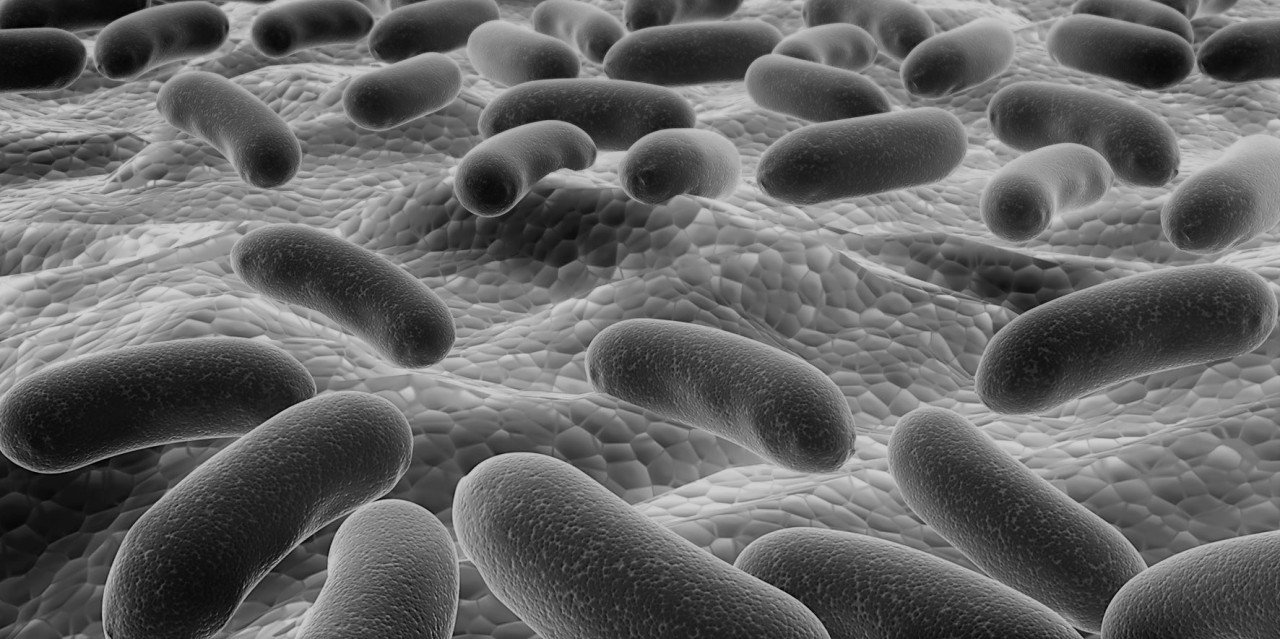


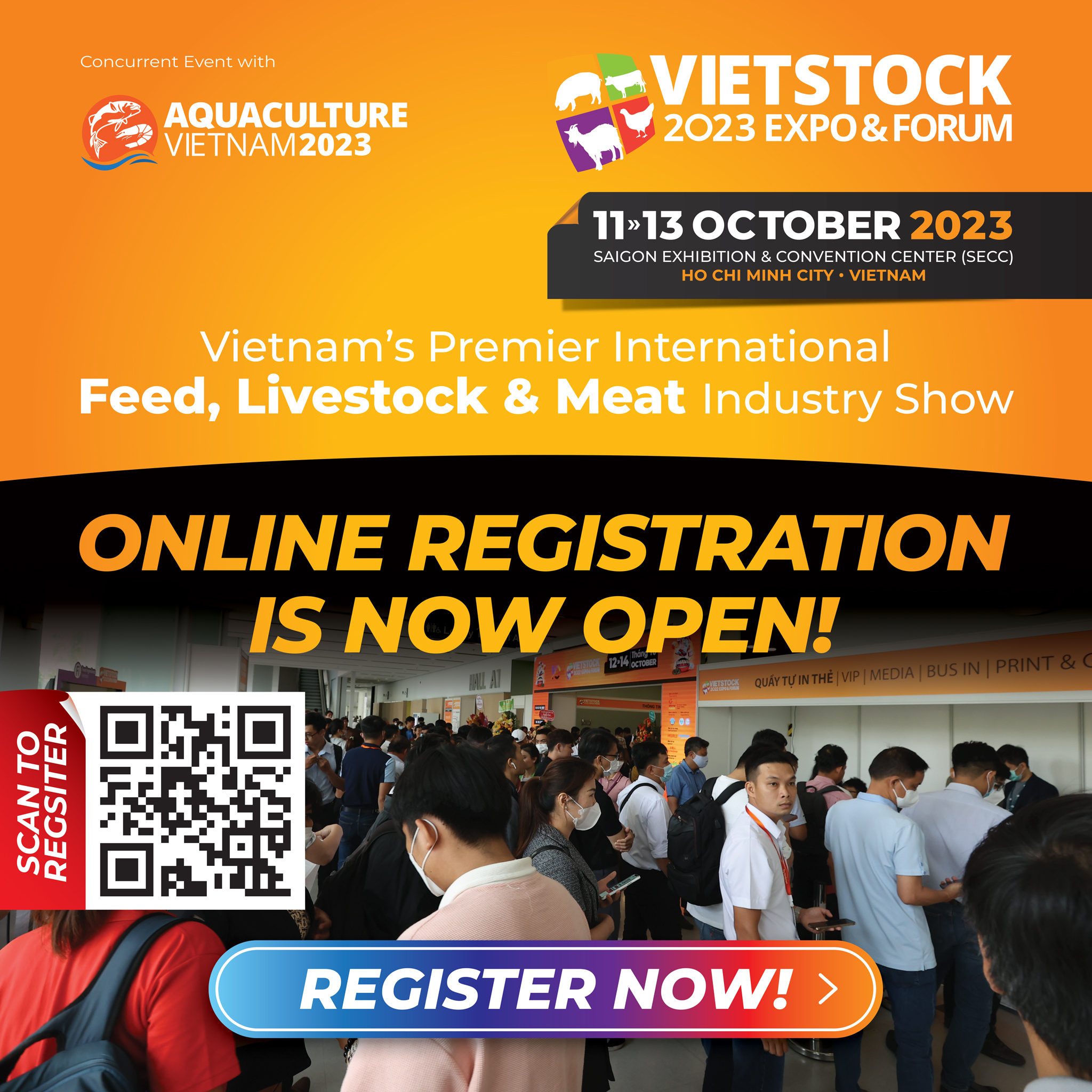
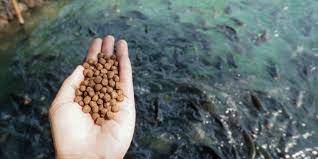
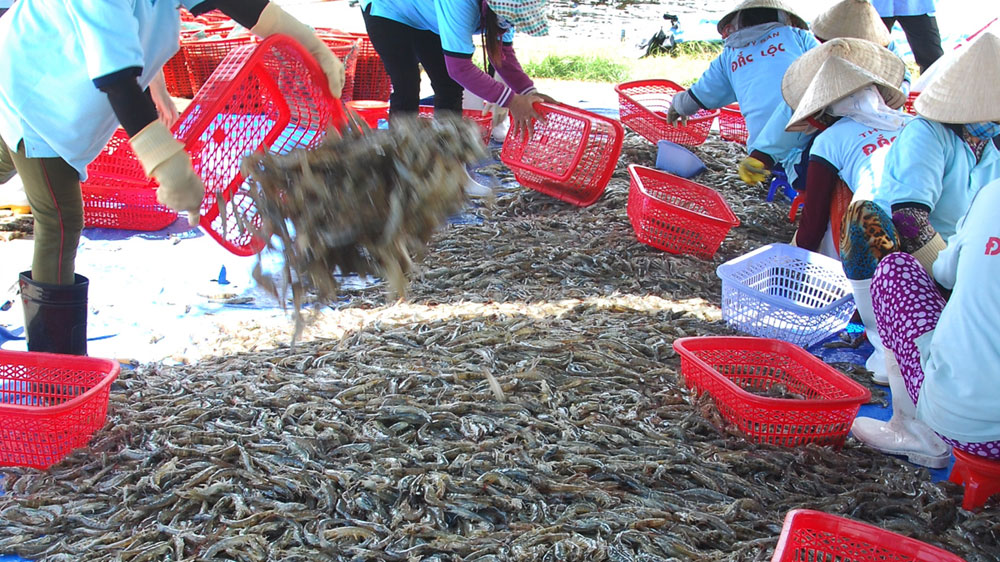
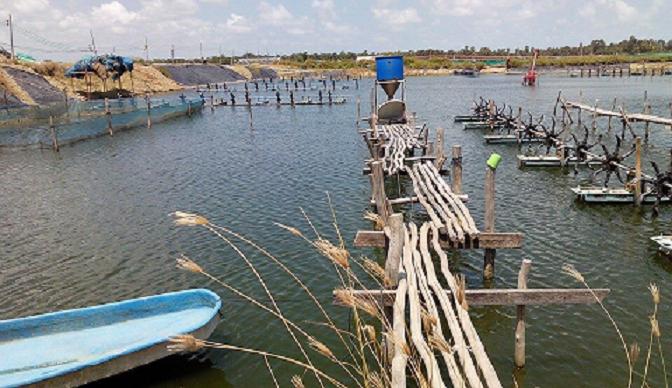
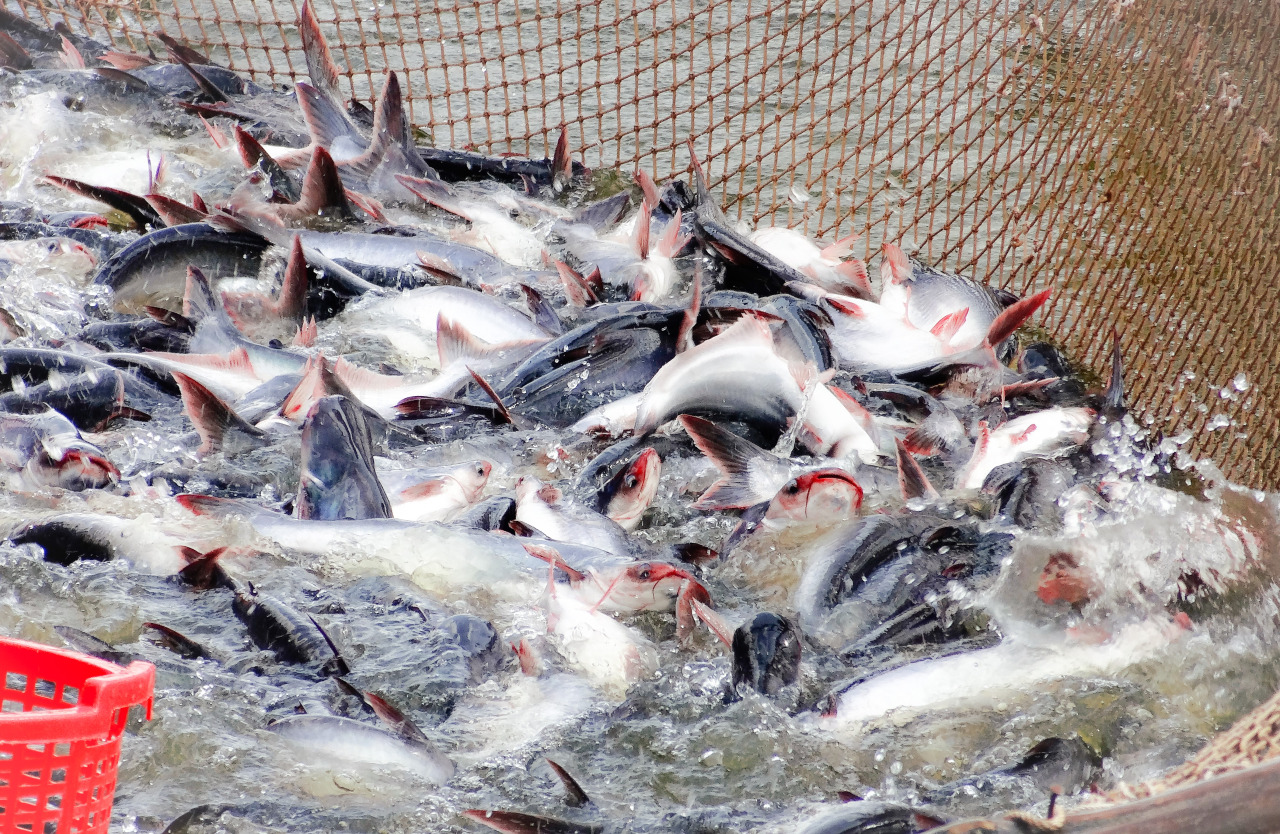
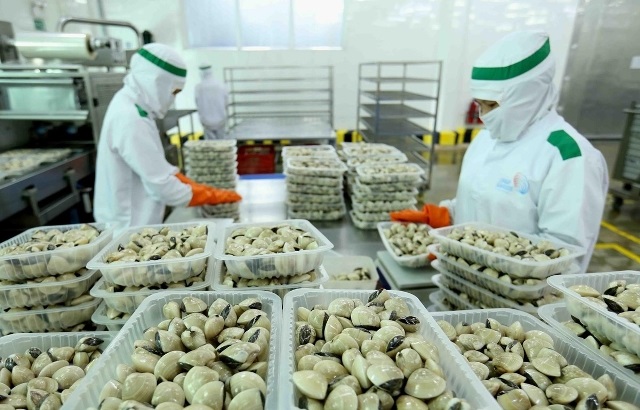
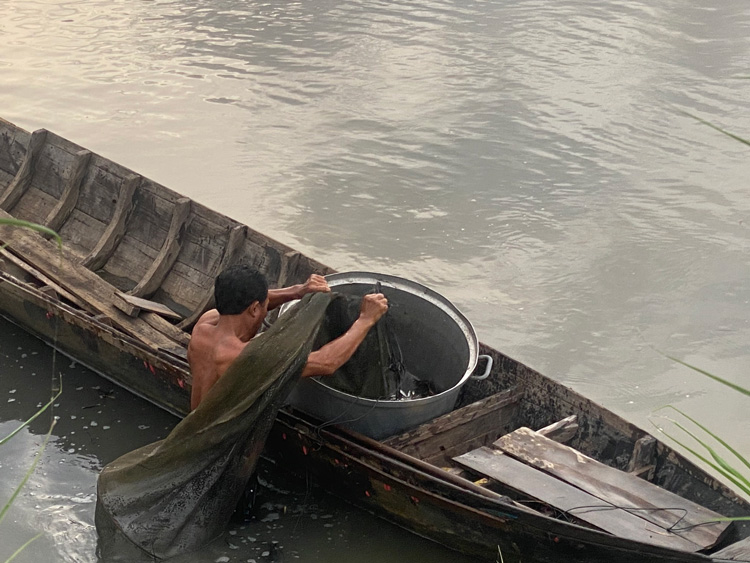

Bình luận bài viết